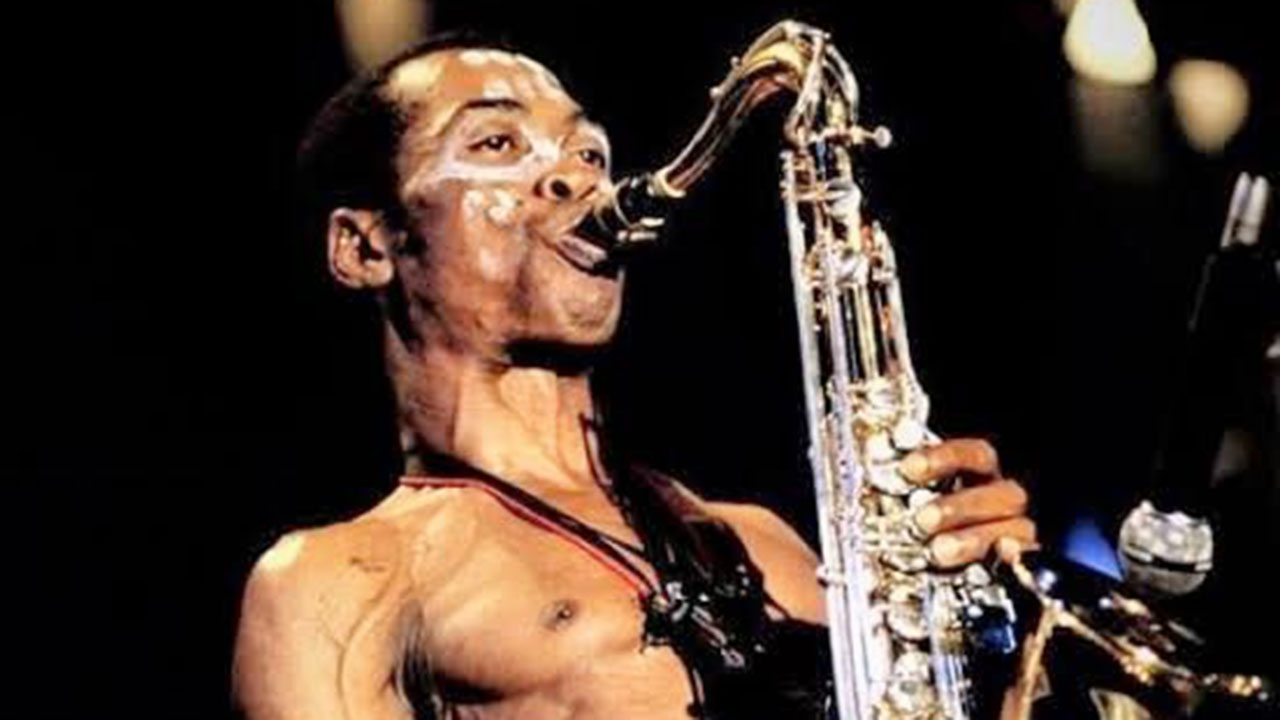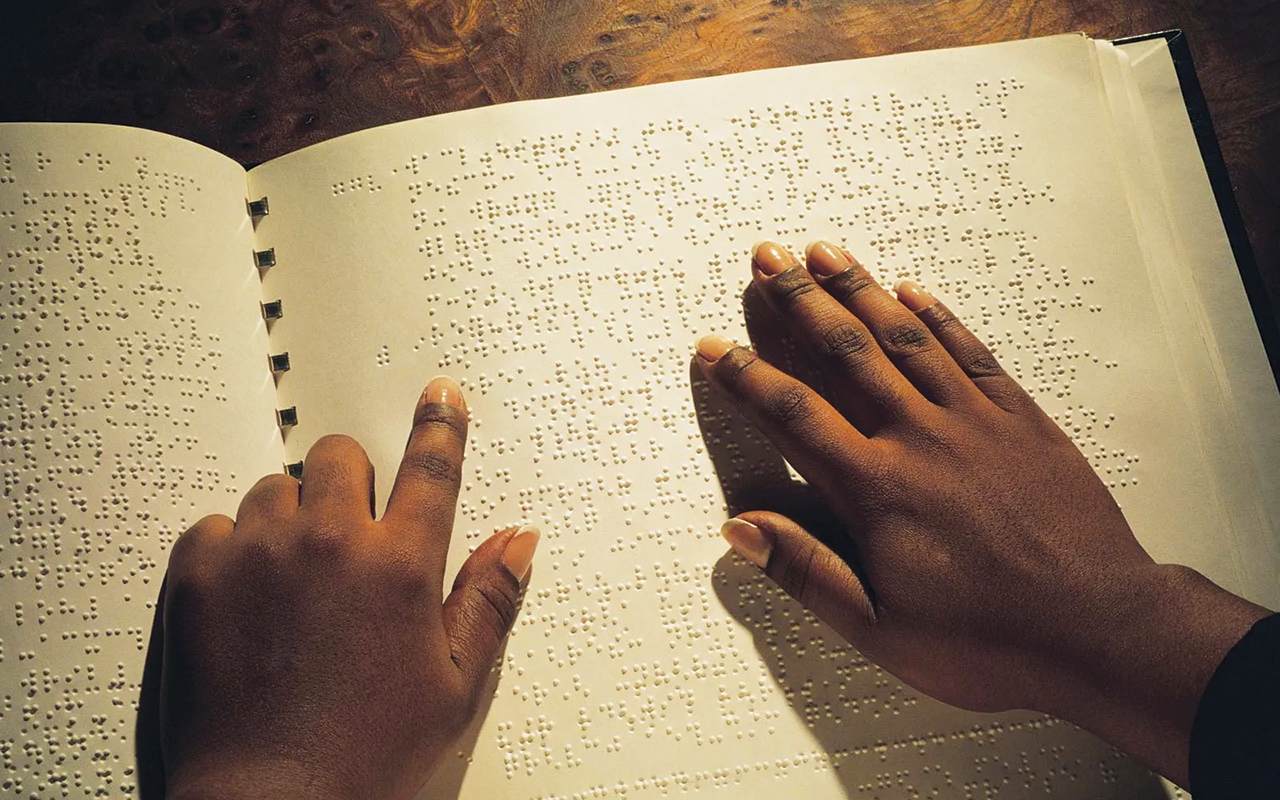
News of the passing of foremost professor of oral literature in Africa, Isidore Okpewho, has jolted the literary and scholarly world. And reactions from Nigeria’s academic community have continued to trail his demise. Okpewho took oral literary scholarship to heights unknown before he came into the scene and enriched it with his Classics training background. Okpewho observed his last duty at 74. He died in hospital in Binghamton, a town in Upstate New York, on Sunday, September 4, 2016.
Former colleague at the University of Ibadan, Prof. Abiola Irele, in condoling with Nigerian Academy of Letters (NAL), stated, “To say that Professor Isidore Okpewho’s death, while still in his early 70s, is a terrible loss to the academic and cultural community in Nigeria, to African scholarship and to the world of letters generally, is to make a statement that barely indicates the wealth of his endowments and extent of his achievement. His fiction assumed a mythic resonance that seems to have drawn its quality from his sustained acquaintance with the imaginative heritage of the world, with specific reference to our own continent.
“There is a brilliance to his academic writing that is especially affecting; he wrote with the same sense of the allure of words that also informed his fiction. His scholarship rested on a solid foundation of learning, which gave to his work a remarkable depth and authority. It will be long before we can hope to produce another scholar of this calibre. In the meantime, let the memory of Isidore Okpewho remain with us as a valuable inspiration to those of us who have been his contemporaries and to the generations coming behind”.
Also, a Okpewho’s former student and friend, Prof. Isidore Diala remembers him fondly, when he said, “It is so saddening to hear of Professor Okpewho’s passing to eternal glory, aware though I was that he had been ill. Exceptional as a teacher, absorbing as a writer, warm and compassionate as a person, Okpewho was peerless as a scholar of oral literature. Much of the prestige that field of study has today is owed to the rigour and unusual depth and insight he brought to his examination of the oral literature of Africa in its varying forms. It is difficult to envisage a time when he would cease to be focal in that field of scholarship. That certainly is his immortality!”
Another student of Okpewho, Prof. Remi Raji-Oyelade, whom he told there is no perfect thesis while he was doing his PhD, mourned him thus, “I am really lost for words. He was a great scholar, a disciplined administrator and a fine gentleman. He was one of those we were always proud to call our icons at Ibadan. He was my teacher in both undergraduate and postgraduate years. As Chair of Department, he ensured that I didn’t lose my slot, as a doctoral student when he stepped in at the point my former supervisor, Prof. Ogunyemi, had to leave for a visiting professorship in the U.S.
“Of course, his first-class scholarship had long been established in the publications of his books, Epic in Africa and Myth in Africa; these were the books that lit our paths to deeper understanding of the heritage of African orature. With Isidore Okpehwo, we had our cake and ate it, because he taught us directly in class and we fed vicariously on his scholarship.
“Of course, his creativity as novelist helped many of us who arrived in Ibadan in the 1980s with the assuredness that you can excel both as critic and writer. His highly quoted inaugural lecture – ‘Portrait of the Artist as a Scholar’ – marked the turning point in the structure of the assessment of humanities’ scholars at the University of Ibadan, influencing other universities in Nigeria thereafter.
“Okpehwo was a great sportsman too; his name is carved in golden letters in the scholarship of oral literature in Africa. Great Bellite, great UIte, composer of the University of Ibadan’s glorious anthem. Adieu. Rest in perfect peace!”
Not left out is a former colleague of Okpewho at University of Ibadan, Prof. Mark Nwagwu, who also mourned and fondly recalls, “I have lost a most dear friend who enlarged my life and made me see new lights. (He was) a man of tremendous genius, fortitude and unflappable sincerity. We played tennis for over 10 years as doubles, partners and as fierce competitors. He gave all he had; commanding, consummate and relentless. Oh, I have lost a diamond where all I have is silver”.
According to foremost critic and Okpewho’s former colleague at University of Ibadan, now Dean of Arts, Bowen University, Prof. Dan Izevbaye, Okpewho “has been ill for some time now.” Izevbaye said. “He was a foremost oral literature scholar, coming from the Classics; he brought his background of Classics to bear on his oral literature scholarship. His major contribution to oral literature from his specific background in the Classics are the books, The Epic in Africa: Toward a Poetics of the Oral Performance and Myth in Africa: A Study of Its Aesthetic and Cultural Relevance. Of course, they marked a different approach to oral literature scholarship, which was difference.
“He wasn’t strictly limited to his discipline. His is a distinguished, comparative scholarship in oral literature, and he brought his own unique quality as first class Classics scholar. It was his distinguished scholarship that got him Nigerian Academy of Letters and National Merit Awards”.
In mourning Okpewho, his kindred spirit and professor of Oral Literature, Gordini Darah, said, “Isidore Okpewho is the greatest scholar of oral literature in the world. He devoted over 40 years to the promotion”.
Also, news of Okpewho’s passing hit two-time Vice Chancellor, Emeritus Professor, Ayo Banjo, like a bolt. “This is terrible news,” he said over the telephone. “Oh, that is a pity. I thought he was recovering from his illness. He was a very good personal friend of mine. Outside of the classroom, he was an excellent tennis player; we played together.
“He was a very good man, a great scholar. He started out in Classics, then shifted to English. University of Ibadan would always remember him for providing the lyrics of its anthem. He made first class in Classics, went into publishing for a while and then came back to academics. In English, he was teaching Mythology, his very strong point; he broke the ground in Mythology. Nobody had done anything close to what he did. He also taught Creative Writing. He wrote novels, poems. He was a very serious-minded, excellent scholar. Oh, and we have just lost Elechi Amadi in Port Harcourt. This is so sad!”
Prof. Isidore Diala of English Department, Imo State University, Owerri, said Okpewho’s passing is a personal loss. Okpewho was his teacher and head of department while he was a student at the University of Ibadan. “Sad to hear,” he said. “I was aware he was ill. He taught me; he was my HOD, my personal friend. Surely, this is a personal loss”.
Also, another of his students and professor of literature at Abia State University, Uturu, JOJ Nwachukwu-Agbaja, expressed sadness over the passing of Okpewho, saying he wasn’t someone to die so soon. Nwachukwu-Agbaja commended Okpewho for his scholarship and creative writing, which he said are focused on the psychology of the individual and not politics or leadership.
According to him, “He taught me; he was my PhD supervisor. He was a very nice man. He was a student-centred teacher. He was of a kind; he was devoted to scholarship, African oral literary scholarship. He was also very different.
“In his novels, he was interested in inter- and intra-personal subjects. He was interested in the human person, the reaction of the human person. His own writing was not centred on colonialism and leadership like his contemporaries. He was always seeking to bring out the psychology of the individual. He was interested in the individual and how the individual reacted to situations around him or her. However, Tides moved away from that and is prophetic with regard to the Niger Delta issues. In Call me by my Rightful Name, Okpewho now practicalises what he does in oral literature in using it to pursue spirituality, both here and in the diaspora, of the past and present, and the use of folklore and folk ingredients to pursue the issues of Africanity. If you look at his works, he purposely avoids politics. However, his works weigh more on techniques and styles. His death is a very sad development”.
Okpewho was born on November 9, 1941 in Agbor, Delta State, Nigeria, Okpewho grew up in Asaba, his maternal hometown, where he attended St Patrick’s College, Asaba. He proceeded to the University College, Ibadan, for his university education. He graduated with a First Class Honours in Classics, and moved on to launch a glorious career: first in publishing at Longman Publishers, and then as an academic after obtaining his PhD from the University of Denver, U.S. He crowned his certification with a D.Litt from University of London.
With his two earliest seminal academic monographs, The Epic in Africa: Toward a Poetics of the Oral Performance (1979) and Myth in Africa: A Study of Its Aesthetic and Cultural Relevance (1983), Okpewho quickly established his reputation as a first-rate scholar and a pioneer of Oral Literature in Africa. For his distinctive and prolific output he was honoured with a string of international academic and non-academic awards that included the Nigerian National Order of Merit (NNOM), in Humanities for the year 2010.
His other novels include The Last Duty, The Victims and Tides.






